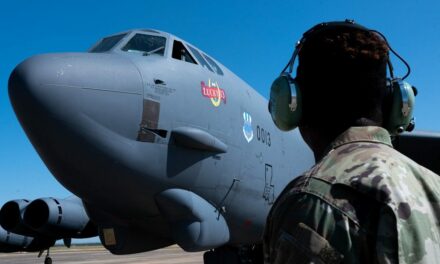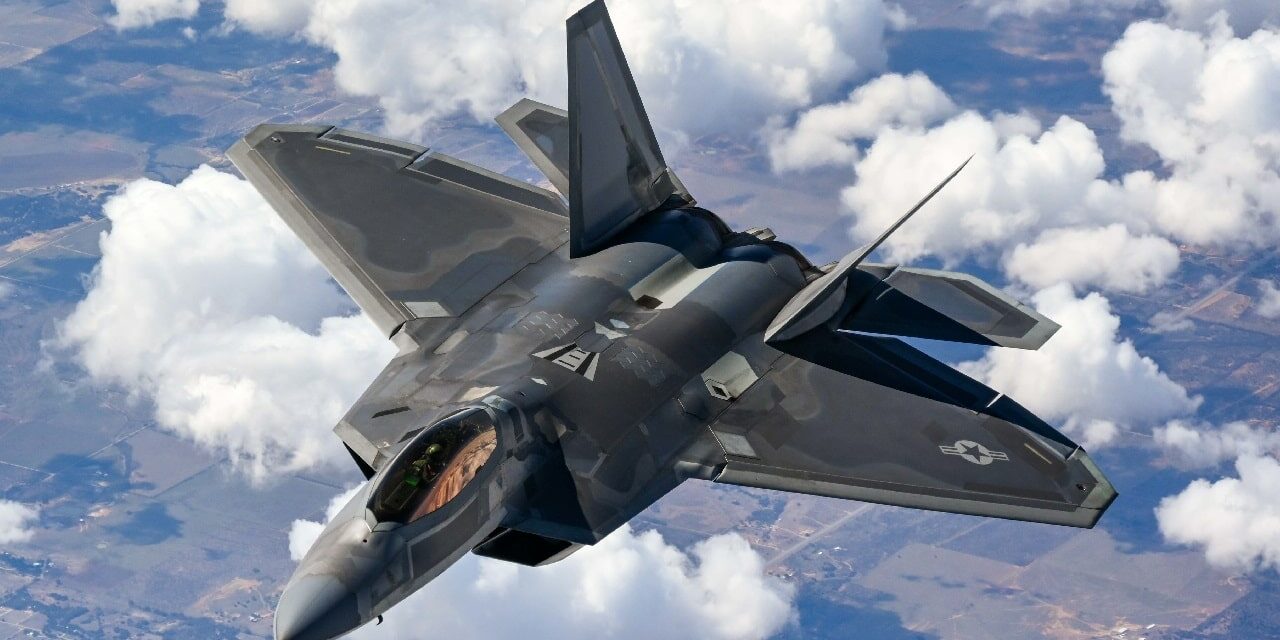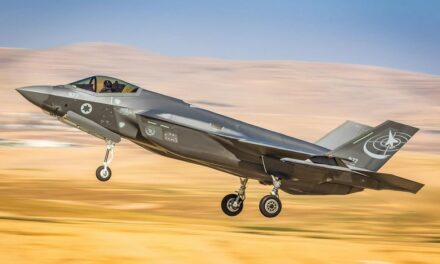We support our Publishers and Content Creators. You can view this story on their website by CLICKING HERE.
U.S. Law Says No: Israel’s recent strike using F-35I Adir fighters against Iranian military sites demonstrated their precision and stealth, but these “bloody nose” strikes won’t decisively neutralize Iran’s nuclear or military capabilities.
-While the F-22 Raptor could supplement Israel’s airpower, export bans and production closures make this unfeasible.
-Israel’s priorities should focus on expanding its F-35I fleet, acquiring long-range bombers, and obtaining advanced aerial refueling tankers to enhance operational reach and strike capabilities against hardened targets.
Why Israel’s F-22 Dreams Remain Out of Reach Amid Rising Tensions
Israel just used its vaunted F-35I Adir advanced fighters in an effective air attack against military sites in Iran. The stealthiness came in handy as the F-35Is destroyed Iranian air defense sites while flying unopposed.
There were no losses in the ground strike mission against Iran, and it should be considered a success, although it is not likely to decisively end Tehran’s ballistic missile program or nuclear weapons capabilities.
One thing we can ponder is whether the Israelis could ever acquire F-22 Raptors to supplement future attacks. And, at least for now, it seems Israel will never fly the F-22.Losing an F-22 Would Be Unthinkable
An F-22 Raptor Demonstration Team pilot flies behind a KC-135 Stratotanker from the 465th Air Refueling Squadron assigned to Tinker Air Force Base, Oklahoma, March 8. 2021. The F-22 team from Joint Base Langley–Eustis, Virginia, is assigned to Air Combat Command and received fuel from the Okies during their flight back to their home station after performing at an air show. (U.S. Air Force photo by Senior Airman Mary Begy)
This would be a dream come true for the Israelis. The problem is that the F-22 is banned from exporting to other countries, especially in the Middle East where militaries could acquire F-22 stealth technologies.
Imagine if the Iranians were able to shoot down an F-22. They could possibly learn secrets from the wreckage and that would put the entire F-22 program in jeopardy.
Getting the F-22 Won’t Be Easy
Moreover, the production lines for the F-22 are closed and there would be no possibility that Israel could acquire the stealth warbird easily.
But it is interesting to speculate about the Israelis getting more stealth aircraft to add to its existing fleet of F-15Is and F-16s, plus the F-35Is.
President Donald Trump’s Defense Secretary Examined the Option
The existing export ban didn’t stop the Trump administration from examining some ways that the United States could send F-22s to Israel.
In October of 2020, then Secretary of Defense Mark Esper even told Israel that the United States approved the sale of F-22s. This was news to the Israelis, and they perked up in excitement, but it was not to be.
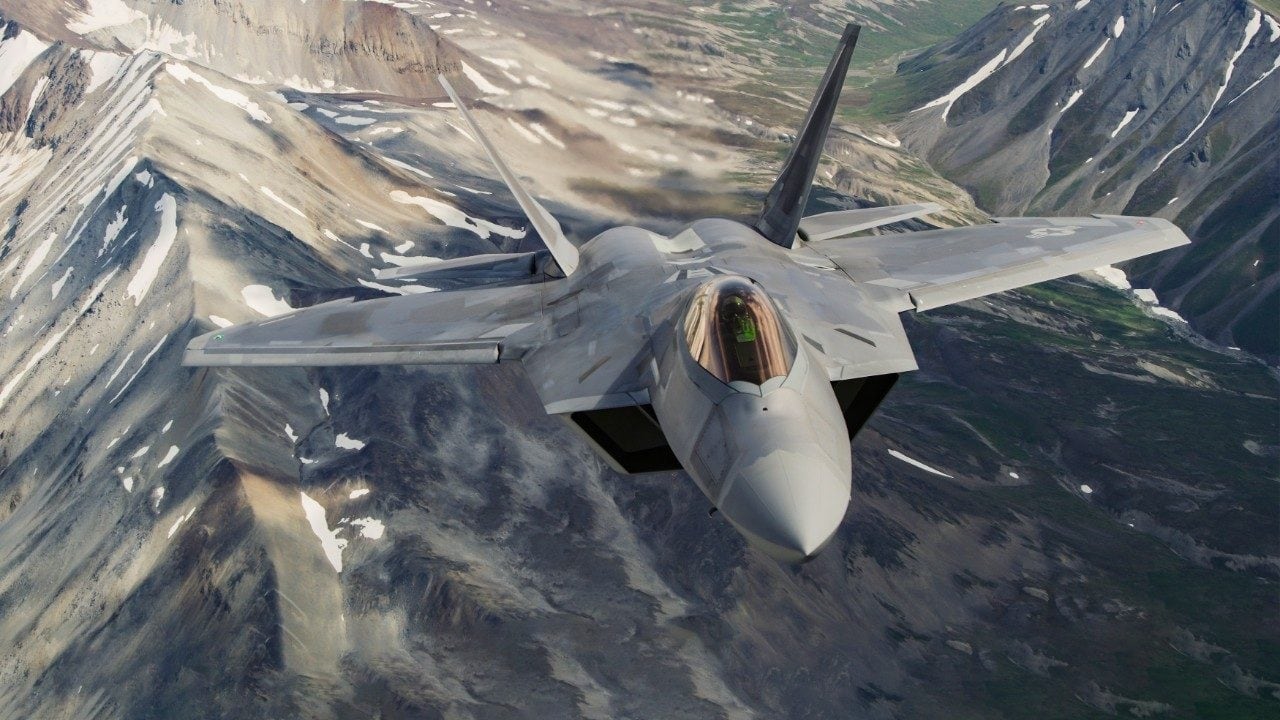
F-22 Raptor. Image Credit: Creative Commons.
Other U.S. presidents have looked at the possibility of F-22 exports, but the Raptors have never been fully approved for international sales. The threat of them getting into Russian, Iranian, or Chinese hands was not worth the risk.
What About a New President and Congress to Look at Selling the F-22 to Israel?
A different Congress under a new president in 2025 could look at ways to overturn the law forbidding F-22 export. But there are lawmakers in Washington who do not wish to broaden the current Israeli conflict against Hamas in Gaza and Hezbollah in Lebanon to include a Forever War against Iran. The Biden administration is trying to get the Israelis to calm down and use diplomatic overtures against the terror groups and try to resist forging a broader war against Tehran
The Israeli Dream Is Having Long-Range Bombers
What Israel really needs aside from stealth fighters are long-range bombers like the B-1B Lance or B-2 Spirit.
The ground strikes from fighters are limited. Israel, in order to really threaten underground nuclear facilities in Iran, would have to use large numbers of bunker-busting bombs. Even to strike subterranean tunnels in Lebanon and Gaza takes many direct hits from anti-bunker munitions. Fighters can only carry so many bunker busters.
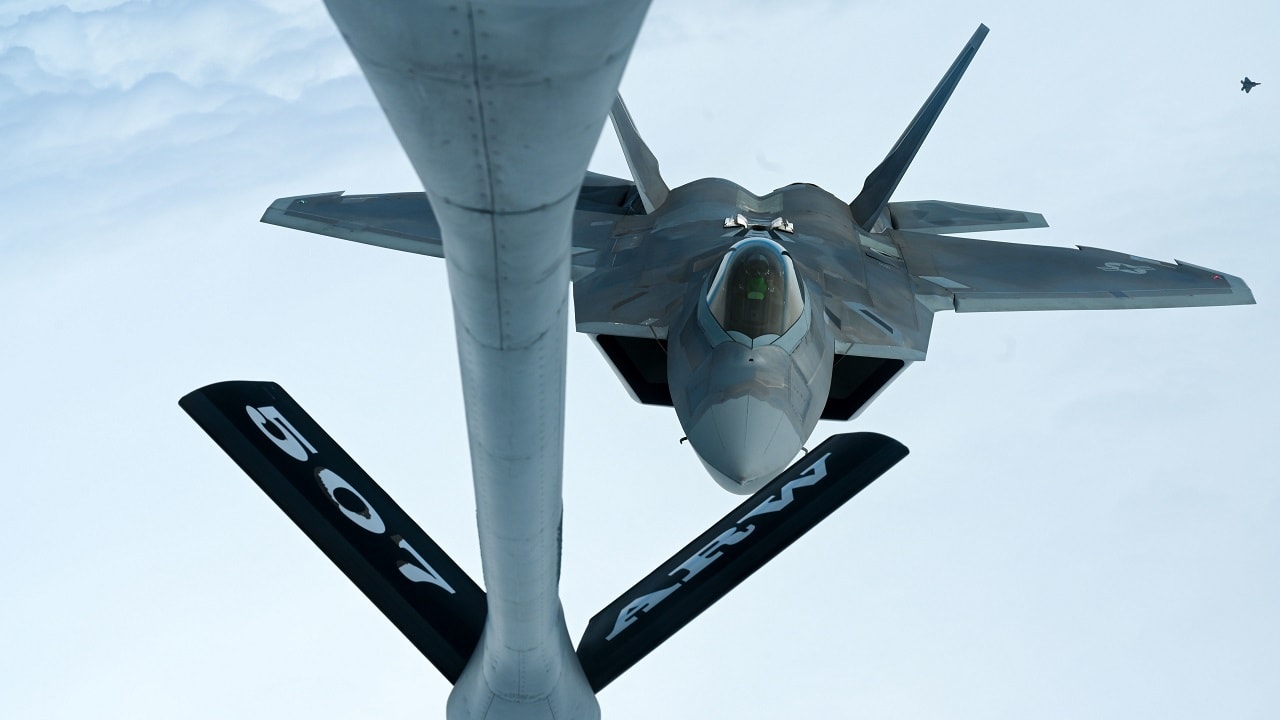
Eight F-22 Raptors with the 325th Fighter Wing at Tyndall Air Force Base, Florida, receive fuel from a KC-135 Stratotanker from the 507th Air Refueling Wing from Tinker Air Force Base, Oklahoma, Feb. 7, 2022, while the Okies flew to the U.S. Virgin Islands for training. (U.S. Air Force photo by Lauren Kelly)
More Up-to-Date Tankers Would Be Nice Too
Israel could also use more long-range tankers for aerial refueling. They were able to refuel fighters from the last operation, but additional tankers would be welcome.
Focus on the F-35I Adir
Getting the F-22 is simply a bridge too far. Israel should focus more on acquiring F-35Is. That is the future of stealth aviation for the Jewish state. Then try to buy some long-range bombers. Unless Israel acquires bigger airplanes that can deploy bunker-busting precision-guided weapons, it will be difficult to eliminate all of the military and nuclear sites.
Bloody Nose Strikes Will Not Be Decisive Against Iran
Currently, the Israelis can only conduct “bloody nose” strikes against Iran. While F-22s would be nice, the Israeli Air Force has more wants and needs.
Continued bloody nose attacks against Iran will just not cut it. To be sure, eliminating Iranian air defenses, especially radar installations and S-300 and S-400 surface-to-air missiles is good news, and follow-on attacks are enabled, but that leaves the extensive underground facilities and those require long-range bombers as described above.
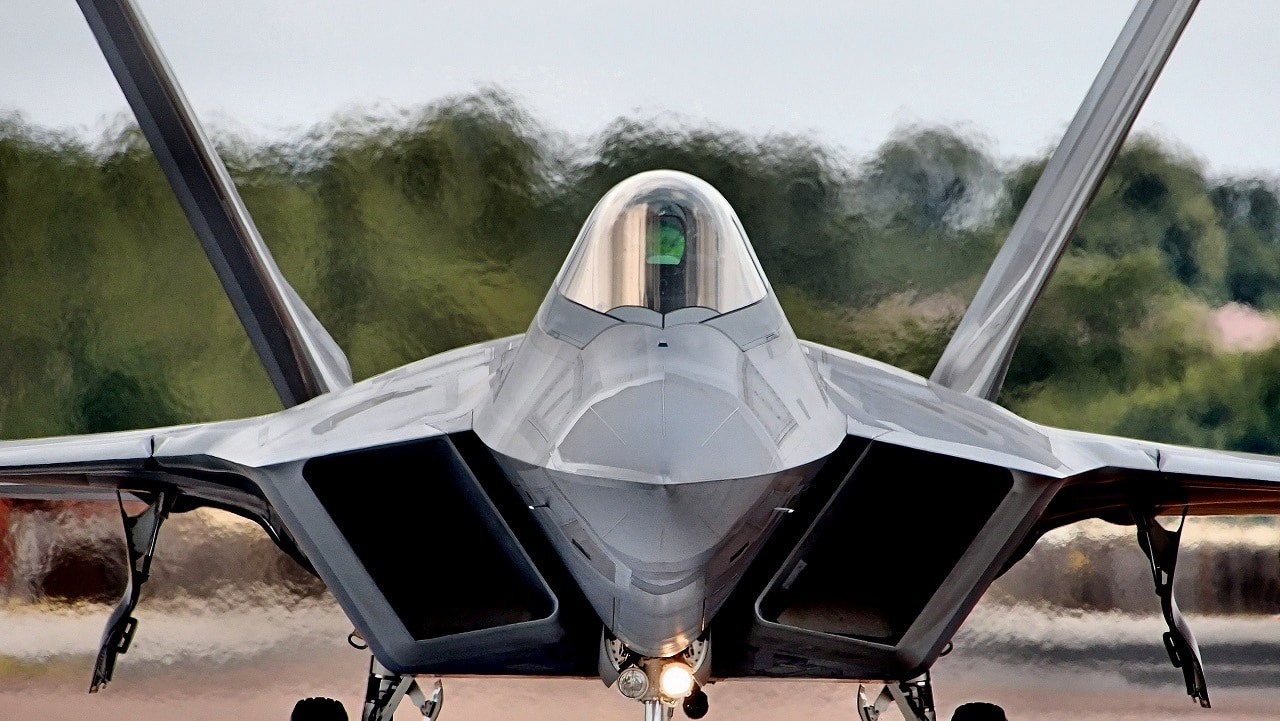
F-22 Raptor. Image Credit: Creative Commons.
Plus, there is a U.S. law forbidding the export of the F-22, and the production line has ceased operation. So, it is time to focus on the F-35I, more tankers, and somehow acquiring long-range bombers.
The F-22 is just not possible for Israel.
About the Author: Dr. Brent M. Eastwood
Brent M. Eastwood, PhD is the author of Don’t Turn Your Back On the World: a Conservative Foreign Policy and Humans, Machines, and Data: Future Trends in Warfare plus two other books. Brent was the founder and CEO of a tech firm that predicted world events using artificial intelligence. He served as a legislative fellow for U.S. Senator Tim Scott and advised the senator on defense and foreign policy issues. He has taught at American University, George Washington University, and George Mason University. Brent is a former U.S. Army Infantry officer. He can be followed on X @BMEastwood.

 Conservative
Conservative  Search
Search Trending
Trending Current News
Current News 

